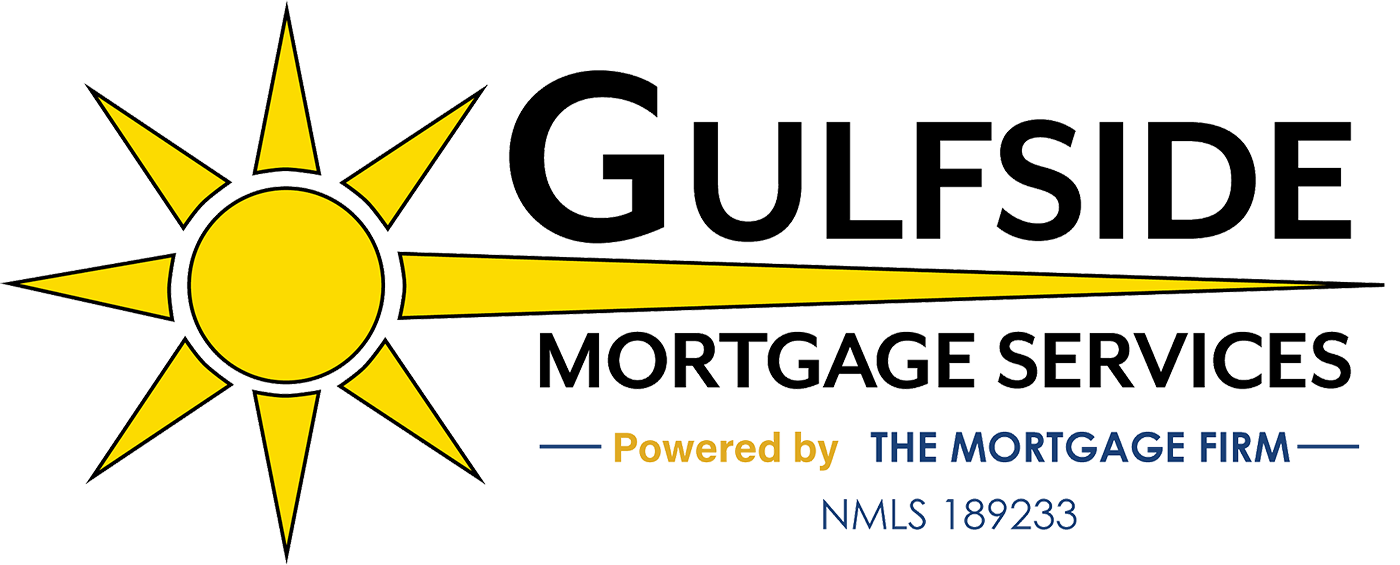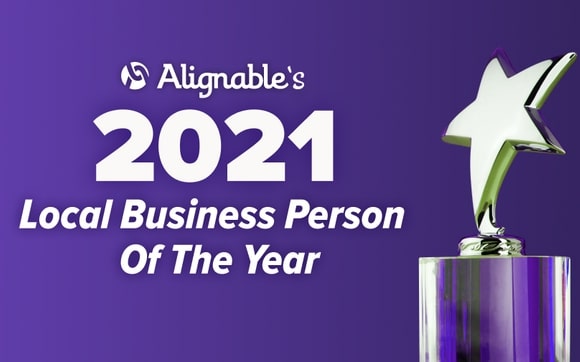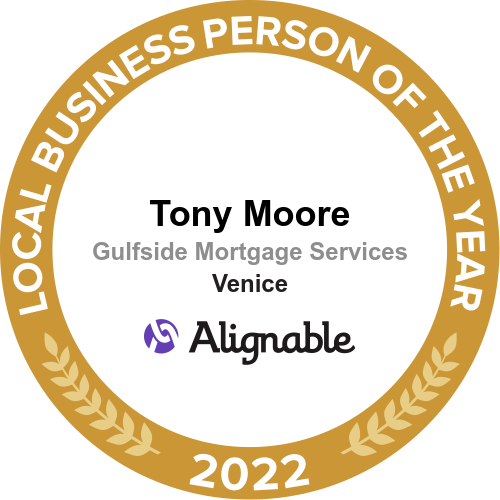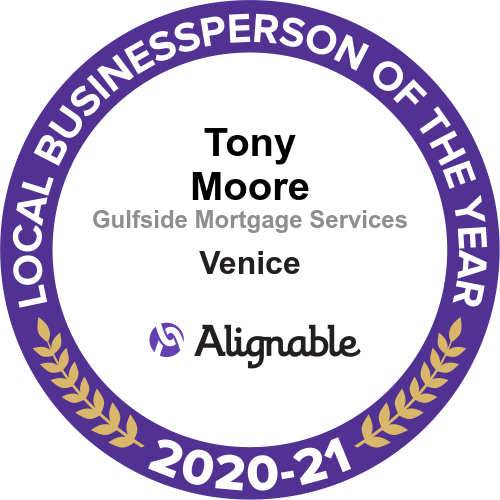Homebuying for the Self-Employed
Written by Gulfside Mortgage Services , Blog
The self-employed represent a growing number of Americans. According to Gallup estimates, approximately 36% of US workers function as gig workers in some capacity, and over 17 million people categorize themselves as self-employed.
Yet, despite this significant portion of the market, lending and homebuying continue to be an exceedingly confusing, daunting, and frustrating experience for these individuals.
But it doesn’t have to be this way.
So, we’d like to take a look at what the challenges for self-employed buyers actually are and clear up some misconceptions about these perceived challenges. And we want to provide you with some key do’s and don’ts of mortgage basics for self-employed borrowers, whether you are a realtor wanting to better serve this client group, or you are a self-employed home hunter.
Challenges for Self-Employed Buyers
There are two main difficulties that self-employed home buyers face.
- Unpredictable/inconsistent income
- Lack of traditional tax documents that fairly represent their income
The first problem tends to be especially true for newer business owners, while both new and long-standing business owners deal with the second.
Even when a business is thriving, tax returns will not necessarily represent their ability to pay on a loan, since many business owners take every possible deduction they can on their taxes.
A self-employed individual may have a take-home of over $200K, but after deductions, their tax return may only reflect $60K. The difference in loan amounts available based on those numbers is obvious.
Furthermore, many self-employed buyers are working with 1099s rather than W-2s, further complicating the ability to provide the necessary documentation for traditional home loans.
Misconceptions about Lending Options for Self-Employed
Too often, self-employed home buyers, and even realtors, do not recognize that there IS a solution to this predicament.
Many are stuck with some of the following misconceptions:
- Business owners should stop claiming deductions on their taxes for a couple of years so their tax returns reflect higher income before they can buy a home.
- Buyers can’t be approved for a loan without traditional tax documents, like W-2s.
Buyers can only get a home loan based on tax returns. - Alternative loans, such as bank statements and cashflow loans, are too hard to close.
- Self-employed buyers can’t get pre-qualified for a loan because of unpredictable monthly income.
These misconceptions are causing many small business owners to miss out on the opportunity to buy the home of their dreams and are leading a lot of realtors to miss out on a significant portion of the home buyer market.
It should not be hard for self-employed individuals to buy a home. There are many excellent mortgages for self-employed borrowers that look at cash flow and bank statements rather than tax documents to determine eligibility.
So don’t be discouraged, and don’t turn your self-employed clients away! Instead, give us a call and we can walk you through home loan options for self-employed individuals, like bank statement loans.
What is a Bank Statement Loan Program
Bank statement loan programs are designed for buyers who don’t have the traditional tax documents or proof of income that standard buyers have.
Rather than relying on W-2s and tax returns to determine a client’s eligibility for a loan, these lending programs review the potential buyer’s bank statements and cash flow during a period of time, often up to two years or more, to determine the size of loan they qualify for.
Furthermore, at Gulfside, we have tools that can help you and/or your client review bank statements to help accurately determine what they will qualify for beforehand. This will help you know what can honestly be afforded so that the home search is better focused.
With self-employed mortgage options and tools like these, the home of your or your client’s dreams may actually be well within reach, and much sooner than you realized!
Some Do’s and Don’ts for Self-Employed Home Buyers
All of this said, there are still steps that you, or your client, as a self-employed home buyer can do to make the loan process much smoother and successful. There are also things to avoid.
Let’s look at some do’s. DO:
- Look into bank statement lending programs.
- Look for a realtor or lender who offers bank statement loans and other self-employed mortgage options.
- Be prepared to collect two years of bank statements and other documents proving your business’ legitimacy.
- Work hard to maintain an excellent credit score to further demonstrate your ability to pay the mortgage.
- CALL US at Gulfside to learn more about self-employed home loan options and the best way to navigate the process.
Let’s also look at the “don’ts.” If you are self-employed or a realtor, DON’T:
- Quit taking deductions on your income!
- Rely on tax returns for getting approved for a loan.
- Settle for a realtor or lender who wants you to quit taking deductions or won’t work with you based on your business income.
- Turn away good clients/buyers because they are fully or partially self-employed.
- Wait to contact us to discuss self-employed home loans because you think you have to have a certain amount in cash or wait for tax returns to reflect higher income.
At Gulfside Mortgage in Venice, Florida, our team of experts is eager to help you navigate the self-employed home loan process.
We can help you determine what you may be approved for so that you have a satisfying home search process, and we can lead you to the best mortgage options so that you can get into the house of your dreams.

























